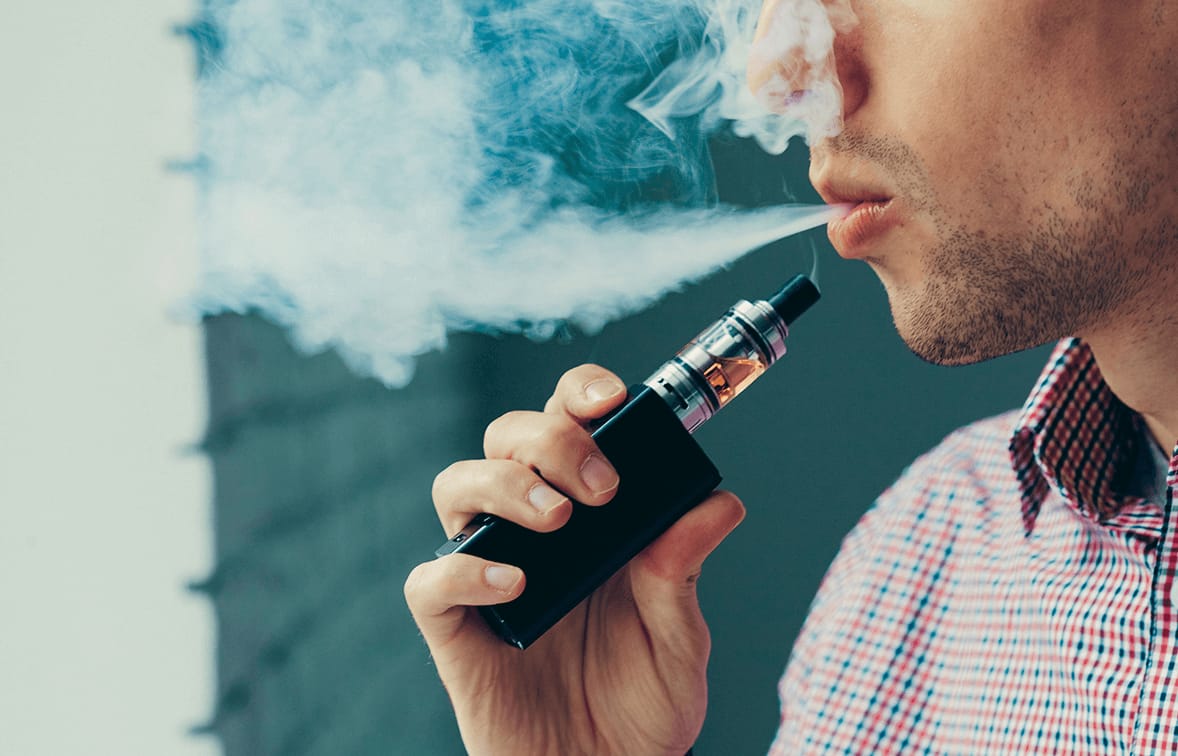- Thriving Guide
- Posts
- The Truth About Vaping and Weight Loss
The Truth About Vaping and Weight Loss
Why nicotine vapes may suppress appetite but aren’t a safe or effective weight-loss strategy.

Vaping has grown in popularity as a perceived alternative to cigarette smoking, but its impact on body weight remains unclear. While nicotine is known to reduce appetite and slightly increase metabolism, there’s no strong evidence that vaping leads to long-term weight loss or that it’s a healthy way to manage weight.
What We Know About Vaping and Weight
Nicotine is a stimulant that can temporarily curb hunger and raise metabolic rate, which is why some smokers report slight weight loss. However, research specifically on vaping and weight loss is minimal. Because vaping is relatively new compared to cigarette smoking, scientists don’t yet know its long-term effects on weight or metabolism.
Vaping works differently from smoking. Instead of burning tobacco, devices heat a liquid often containing nicotine into vapor. This delivery method may affect how nicotine influences appetite, but studies so far haven’t proven that vaping is effective for weight management.
Is Vaping a Weight-Loss Tool?
While nicotine vapes can blunt appetite in the short term, relying on them for weight control is risky and not recommended. The health risks of vaping include:
Lung disease and respiratory failure
Liver and kidney damage
Increased cancer risk
Battery malfunctions leading to burns
Headaches and other side effects
The addictive nature of nicotine also makes it a dangerous approach to weight control. Healthy weight management strategies, such as improving diet and incorporating regular exercise, provide safer and more sustainable results.
Do You Gain Weight After Quitting Vaping?
Similar to quitting cigarettes, stopping nicotine vapes can sometimes lead to minor weight gain. This is often due to habit changes, like increased snacking, rather than the absence of nicotine itself. Not everyone experiences weight gain, and when it does occur, it’s typically manageable through balanced eating and activity.
Non-Nicotine Vapes and Weight
CBD vapes: Research on cannabidiol (CBD) shows inconsistent results when it comes to appetite suppression or weight loss.
Marijuana vapes: Cannabis can either stimulate or suppress appetite depending on the strain, but its impact on weight control remains unclear.
Better Alternatives for Weight Loss
Rather than turning to vaping, focus on proven, safe strategies:
Eating a nutrient-rich, lower-calorie diet
Prioritizing whole foods like fruits, vegetables, lean proteins, and healthy fats
Reducing processed and high-sugar foods
Incorporating regular physical activity
Exploring medically supervised weight-loss medications if recommended
Key Takeaways
While smoking cigarettes has been loosely linked to lower body weight, vaping doesn’t have the same established evidence and the health risks far outweigh any potential benefit. Nicotine-based vaping is not a safe or effective weight-loss method. A balanced diet, exercise, and healthy lifestyle changes are the best strategies for long-term weight management.
Share this article or subscribe to our newsletter for more health insights.